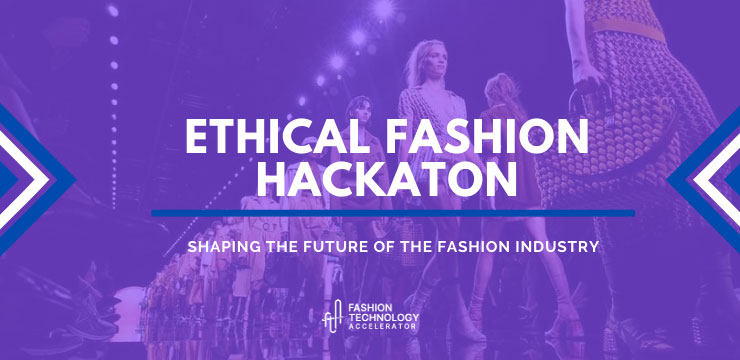
As you already know, here at Fashion Technology Accelerator we firmly believe in sustainability as the only possible future of the fashion industry.
We do care about initiatives talking about ethical fashion, and we know that there is still a lot that can be done, both locally and globally.
That is why we have actively attended as qualified mentors to the aptly titled ‘Ethical Fashion Hackaton‘, an initiative with 120 participants, with representatives from over 45 countries.
This is part of the ‘Ethical Fashion Initiative‘ which acts as a bridge, connecting marginalized artisan communities in challenging and remote locations with global lifestyle brands.
Some of the fashion industry’s biggest problems need to be solved. That is why starting on May the 6th, until July 23rd, passionate people from all around the world came together to think, exchange and imagine proper solutions.
The COVID-19 pandemic, once again, has created a very complex situation around the world, but it also allowed us to further rethink the future of the fashion industry.


Old news to many, the first and most relevant issue when it comes to discussing future landscapes in fashion: how possible it is to redesign the current industry model?
How to coexist in harmony with the planet, and empower the people involved in fashion supply chains?
During the Ethical Fashion Hackaton initiative, four important challenges have been identified in today’s industry. Subsequently, they put out a call for change-makers to join them in a collaborative session to find innovative solutions.
Let’s take a deeper look at the major insights that emerged from the event.
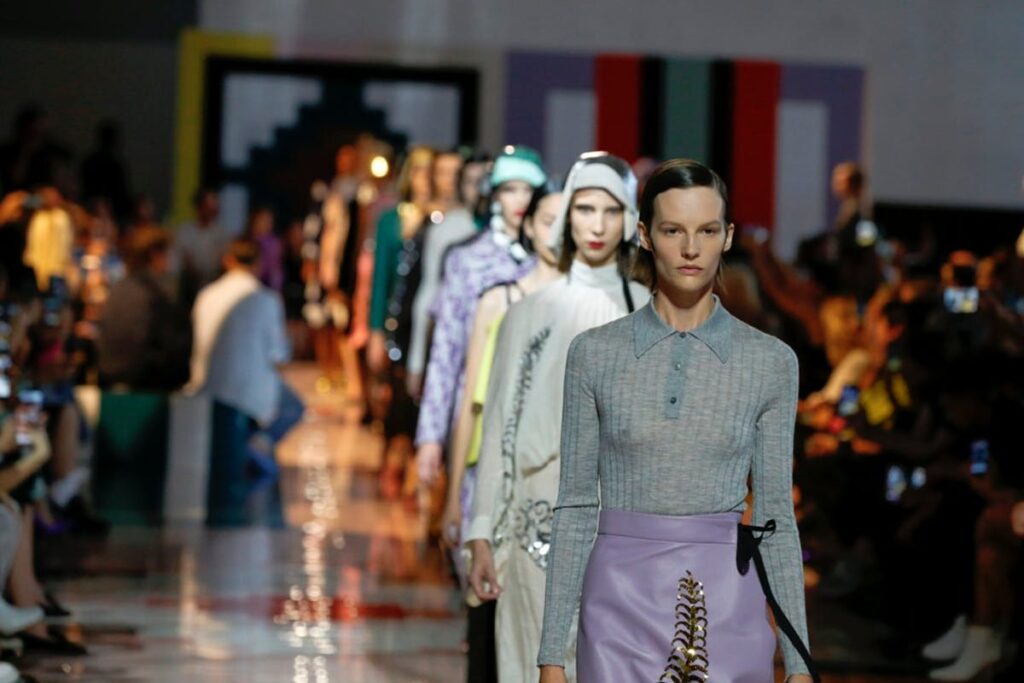
Should Fashion Weeks go digital? Or should they disappear, leaving the place to virtual reality only? Anyway, how can we still have fashion weeks in the foreseeable future?
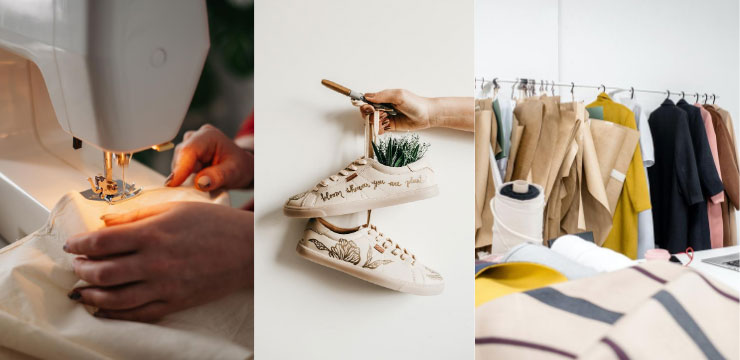
There is currently a confusing mix of standards and procedures, highlighting the need for a single set of guidelines in sustainability. Narrowing the field will allow CEOs and decision-makers to define clear and straightforward agendas, which can be shared publicly and transparently.
What could the solution be? To create a tool for the fashion ecosystem that would support medium and small-sized companies to understand and implement this complexity.
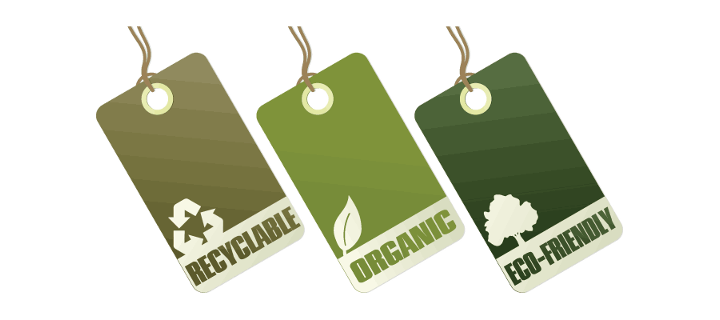
Fashion’s supply chains can be a sustainability nightmare. There’s a huge disconnection between the consumers who buy clothes, the retailers who sell them, the designers who design them and all the different suppliers further down the chain. Think of the ones who cut and sew them clothes, produce the textiles and the raw materials. And so on.
The current system favours a ‘buy cheap, sell high’ mindset, squeezing the cost of production to the minimum. Suppliers find themselves competing on price, and they are often forced to agree on poor employment standards to stay in business.
What happens when we start to view suppliers and workers as true stakeholders rather than merely as costs? Could the implementation of open costing models be the answer?
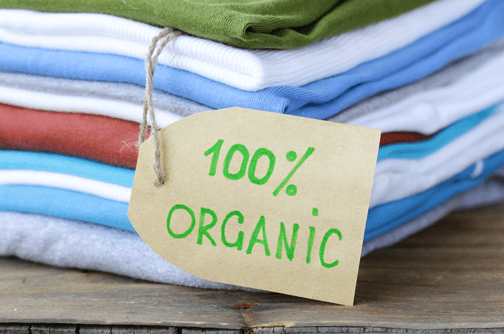
How would this industry look like if we eliminated seasons and deadlines, and focused only on well-designed and timeless products? How would it impact on the whole product development and production cycle?
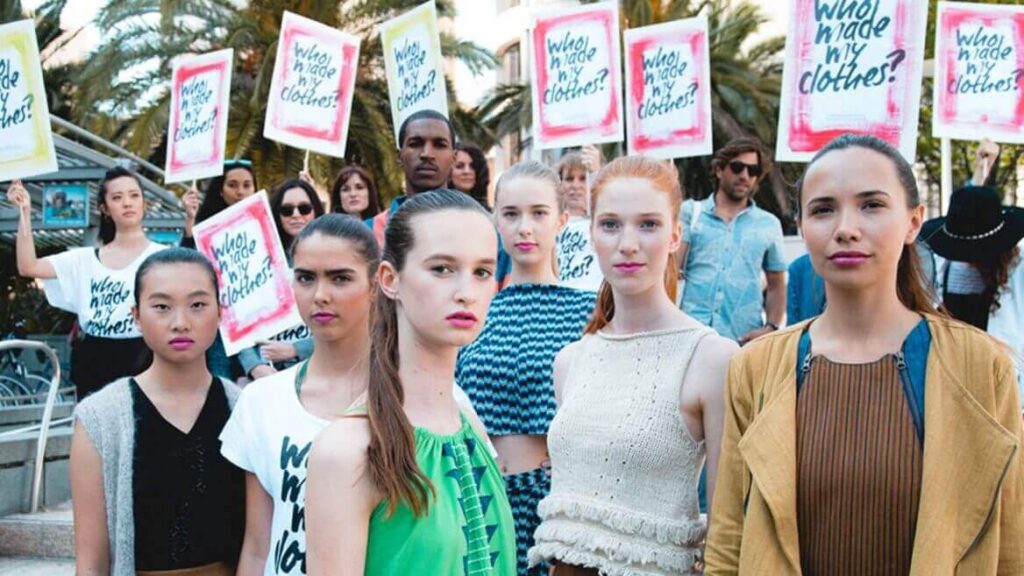
On the past 23rd of July, the 6 teams selected by the many workgroups pitched their ideas to a panel of investors.
These teams, many of whom composed of people who have never met before, came together in the hope of building a better fashion industry after COVID-19.
In Ethical Fashion, they are working with 6 innovative, impactful solutions that will change the future of fashion, and people who are ready to drive them forward.
The only possible and most relevant conclusion is that we need an industry that works for the people and the planet. Business-as-usual- is no longer a viable option.
The initiative is a co-secretariat of The United Nations Alliance for Sustainable Fashion, formed in 2018, with the aim to accelerate the adoption of the Sustainable Development Goals of the 2030 Agenda.
As FTA, we will keep supporting every valuable initiative that drives towards making fashion sustainable on the ethical and environmental standpoint.

Giusy Cannone is Chief Executive Officer of Fashion Technology Accelerator.
She is the reference point for FTA’s corporate projects, also creating business connections for startups in the Acceleration Program and mentoring participants of our Masterclasses,